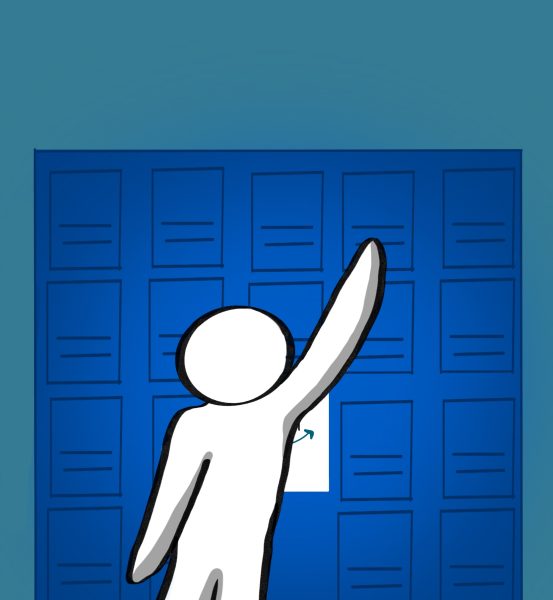Education reform is a race against time
April 17, 1992
Close to four years ago, George Bush promised that he was going to be the “education president.” One presidential term later, education is caught in a whirlpool with more of a rip current then the Chicago Loop Water Park.
NIU should remember this next November when voting because George Bush is at it again. When asked recently what his top domestic priority would be if re-elected, he prudently proclaimed education. If U.S. citizens buy that line again, I’m going into the bridge-selling business in Brooklyn.
Bush did the same thing for educational funding that Houdini did for magic … poof! His plan for education reform, “America 2000,” was short on specifics to begin with, but with opposition to the plan by interest groups and Democratic partisans educational reform quickly went the way of disco.
One of the key policies advocated by Bush’s America 2000 are tuition waivers which would enable parents to send their children to any school they want: any parochial school or eligible public district.
The concept of tuition waivers is nothing new. It’s been around for a while and seems to surface every election year, but when Bush introduced waivers as part of America 2000 it finally looked like they would become a reality. But, teacher interest groups soon complained that the waivers would destroy the public school base, so the plan was not pursued.
The depth of the issue is Bush and other bureaucrats are full of courageous rhetoric, but when it comes to action they’re not willing to swim the current to save the victim.
Of course, public schools are against tuition waivers! Did Bush honestly think they would say, “Oh sure, Mr. President, we don’t mind if you send the money for our salaries to the Christian brother vineyards. It’s not a problem. We’ll do without our raises.”
Tuition waivers would add stress to an overburdened public school system; stress is good for a circulatory system. It would supply competition for school administrations and provide a means by which school reform could be measured.
Education is a business. If you don’t have any competition, you then have a monopoly of power. Public education has become corrupt and weak, because of the complacent haven in which it resides. The waiver would act to provide instability where a shake-up is badly needed. It would allow parents a choice in the education of their child.
“Human history becomes more and more a race between education and catastrophe,” H.G. Wells wrote.
How fitting that statement is to American education today. Bush talks about a future where American youths are on top again. He and other leaders talk about business taking an active role in education. They talk and talk but action is never seen. The world looks to the United States for leadership, and they increasingly find incompetence.
If Americans are really serious about reforming the educational process, they need to take action now before it really does become too late. It’s obvious that states are in financial trouble from higher education to kindergartens. It’s time for the people to demand federal government to take action.
How does this affect you? Think of it this way: “A teacher affects eternity; they can never tell where their influence will stop.”












